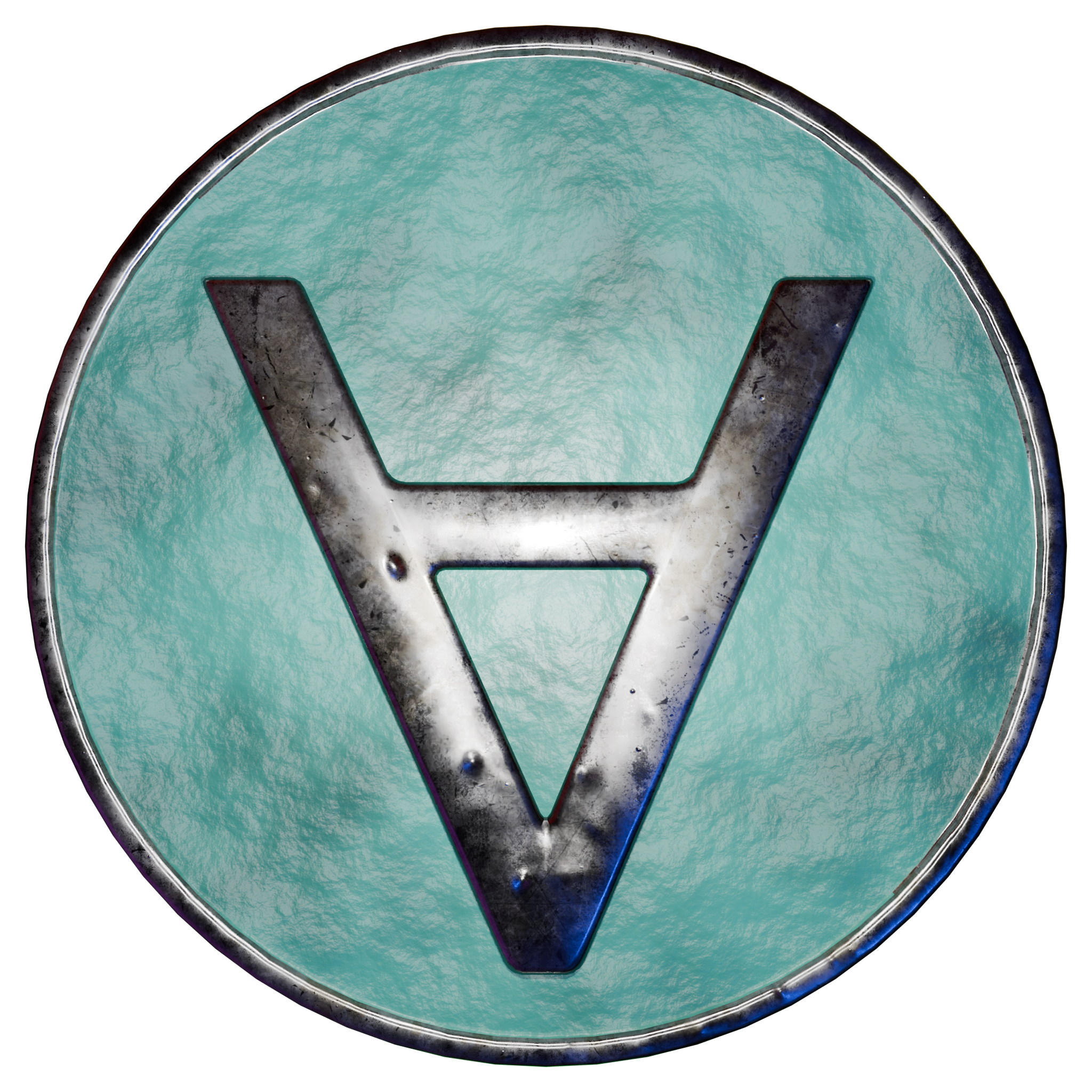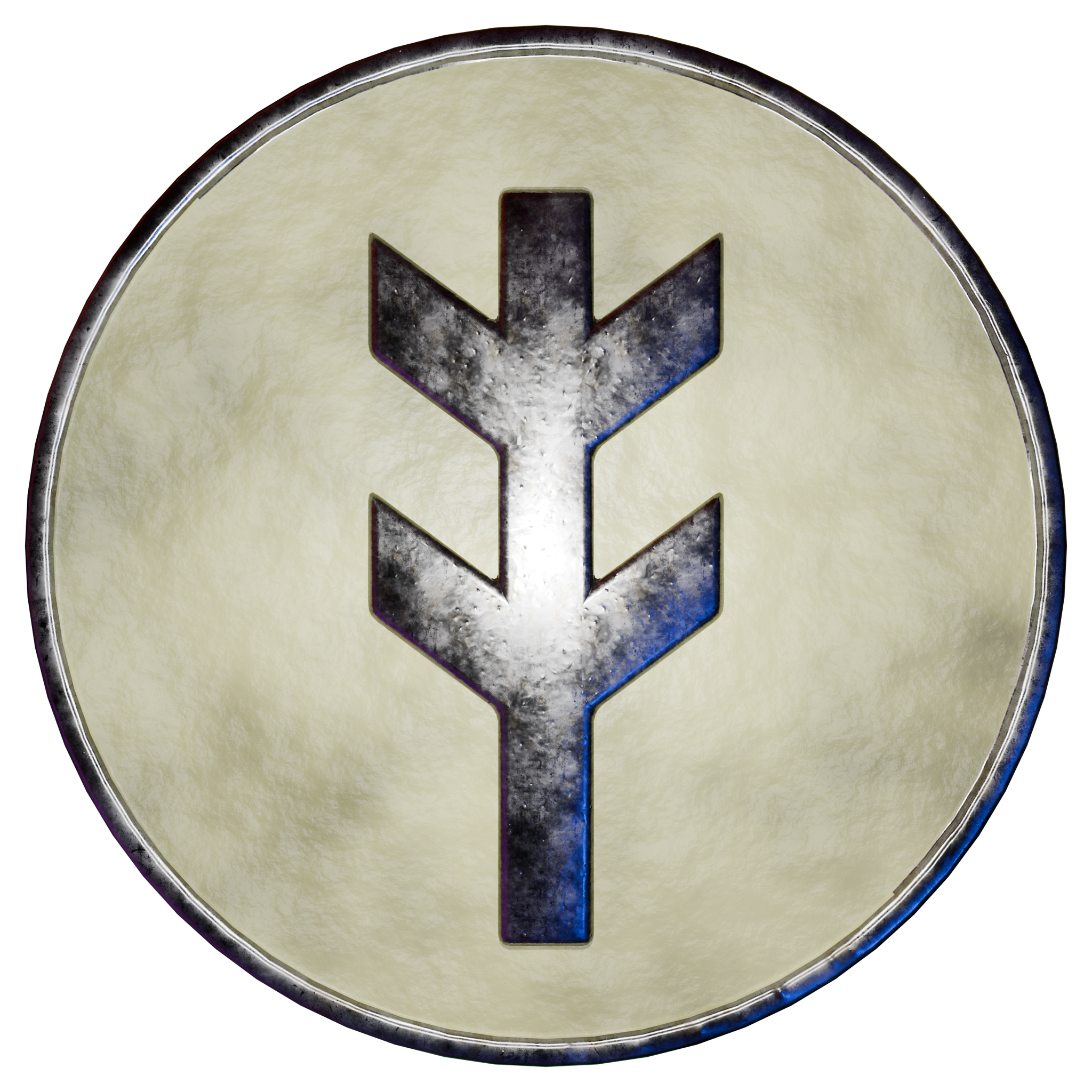
In a cosmic war spanning galaxies, the celestial forces of 13 power of Elohim, the seat of divine power, clash against the relentless empire of the fallen Pisly, a civilization bent on conquering the sacred realms. Ancient prophecies warn of the war’s consequences—fractured dimensions, fallen gods, and the unraveling of cosmic order itself. As warriors, mystics, and strategists, the people of BÍΘUN must navigate divine politics, interstellar warfare, and the secrets of Kolob’s origins to determine the fate of existence itself. Will Kolob’s light endure, or will Pisly’s conquest reshape the heavens forever?
Kolob: The star closest to the next life
Overview
Kolob, an enigmatic celestial titan, is a star encased in a radiant blue crust, engulfed by swirling clouds of frozen mist. It is whispered to be the star closest to the next life, a realm where death does not come easily—for its inhabitants, a lone child can defeat a an army of great tannan. Though Kolob shines as a star, it behaves more like a planet, eternally orbiting a vast, blinding white portal. This gateway leads to a place of unfathomable terror, a land that corrodes the soul and drives all who enter into despair—except for the followers of Elohim. They alone walk its path unscathed, seeking wisdom in the heart of its bright abyss, pondering the truths that lie beyond mortal comprehension.
The four main faith
- The Followers of the Elohim: They believe in divine stewardship and the sacred duty to serve their fellow man just like the Elohim. They emphasize community, moral purity, the pursuit of enlightenment through sacred texts, and making promises and honering oath made by sacred ritual.
Main Values:Faith, family, freedom, and service. They see themselves as the chosen stewards of Kolob, tasked with servicing their fellow man in need and preserving the sanctity of the land. - Chaos of Creation: They reject the notion of divine beings, instead embracing the randomness and chaos of existence. They view life as a series of unpredictable events, finding beauty in the lack of order.
Main Values:censorship, dogmatic, and adaptability. They encourage questioning authority, dismissing the unknown, and worring over the chaos that shapes the universe. - Gallo: A splinter group from the Followers of the Elohim, they revere nature and the spirits of Kolob itself. They believe the members Elohim’s essence is found in the natural world, and their rituals are deeply tied to the cycles of nature.
Main Values:Harmony, reverence for nature, and spiritual connection. They see themselves as protectors of Kolob’s natural balance, often clashing with the industrial ambitions of other groups. - Bol: Inspired by the teachings of a prophet who preached war and discipline, the Bol followers believe in submission to a singular divine will. They value the pursuit of knowledge and justice, often engaging in philosophical debates with the Elohim followers.
Main Values:Discipline, justice, and intellectual growth. They maintain a friendly rivalry with the Elohim followers, seeing them as misguided but well-meaning allies in the quest for truth.
Notable Locations
- ʔíravXarunʃúralkúβin: At the dawn of war, as Kolob teetered on the edge of collapse, the warriors of four faiths forged an unprecedented alliance. From their unity arose ʔíravXarunʃúralkúβin, a city built atop the ruins of a forgotten battle, standing as a testament to resilience and the convergence of conflicting ideologies. Each faith carved their influence into the city's architecture, rituals, and governance, shaping a place where order and chaos coexist beneath the skies of war.
Pisly: The empire of the enslaved
Overview
The Pisly Empire, at this expansive stage of its existence, has grown into a sprawling, cosmic civilization that spans countless galaxies, interwoven universes, and even the great staircases. Its dominance is particularly evident in the Five Realms, vast territories of interconnected universes that the Pisly have transformed into hubs of production, military, and influence. However, the Milky Way galaxy, Kolob, and its neighboring solar systems stand as outliers, deliberately untouched by the Pisly as they are considered dangerous and forbidden zones due to their tied to the Elohim and their ability to fight back against the pisly.
The origins of the Pisly
- Born of the union between Adam and Eve, Pisliah was a child unlike most his brothers and sisters. Pisliah was captivated by the knowledge in Book of Memories, a divine artifact filled with wisdom and knowledge given to Adam and Eve by the father. This record became his obsession—its endless depths fueled his boundless curiosity and shaped his destiny as the scholar who became very knowledgeable and would teach his little brother Seth. Pisliah’s study of the Book of Memories imbued him with the knowledge of craftsmanship of the physical and abstract, allowing him to design an intricate language—a living tongue that mirrored the divine patterns inscribed in the universe. This language would become the foundation for his lineage, passed down through the Pisly, a people who could have revolutionize knowledge itself. With this gift, the Pisly preserved histories, charted the cosmos, and inscribed their legacy into eternity. As generations passed, Pisliah’s descendants grew into a people defined by their thirst for knowledge and innovation. When Enoch, of Seth’s line, ascended with his city into the heavens, the Pisly felt the call of the celestial realm of space. Drawing upon their ingenuity, they forged great starbound monolithic ships, vessels capable of piercing the firmament itself. It was in these ships that the Pisly sought the heavens, reaching beyond the earthly planes and charting paths to galaxies unseen. By the time of Noah and the fabled Ark, the Pisly had risen to unmatched heights. Their advanced technologies and celestial navigation brought them to the distant Andromeda galaxy—a realm they claimed as their new home. Yet this greatness sowed the seeds of their fall. Amid their triumphs, the Pisly began turning their studies inward. Genetic experimentation unlocked their ability to engineer a so-called “Master Races”—a caste of beings molded to embody perfection by their own design. What began as a pursuit of progress devolved into tyranny as the Pisly's society fragmented into rigid hierarchy, defined by genetic superiority and intellectual dominance. The freedom and knowledge that once empowered them were twisted into tools of oppression. Their devotion to the Elohim—the legacy of Pisliah—faded as their arrogance grew. For them, divine worship was no longer a necessity but a threat to their self-made hierarchy. The Pisly banned all remnants of their ancestor’s faith, destroying relics, texts, and dissenters. In their zeal, they sought to eliminate anything that might restore the ideals of freedom and equality that had guided Pisliah’s path.
13 powers: the angelic protecters
Overview
The 13 powers, each one of them is a warrior blessed by power give to them by the angel of their tribe that they were born or graphed into each baring a oath with the eception of the vanquisher who is simply kept in check by the other 12
The conqueror

The conqueror power
he has the power of battle luck and skilled with fighting, his oath is that he can't be come cruel well fighting
Current Conqueror's origin
toma-Menekh was born of mixed heritage—his father,an Ephraimite , and his mother, a fugitive Pisly. During a Pisly raid, his family was captured and taken aboard a prison ship. There, his mother was seized by two Pisly soldiers and subjected to brutal lashings for daring to flee their rule. As he watched his mother suffer, toma-Menekh prayed to God, pleading for the strength to stop the cruelty. God answered, granting him the power to conquer—but with a condition: he must never become too cruel toward an enemy. If he ever did, he would lose his power and would need to offer a sacrifice at an altar to regain it. He agreed. With newfound strength, he shattered the bars of his cell as if they were blades of grass. He swung a powerful right hook but missed. A Pisly soldier attempted to whip him, but toma-Menekh caught the whip mid-air, yanking the soldier into a devastating gut punch. The second soldier, witnessing this, surrendered immediately. At that moment, the prison ship crashed into something and began its descent toward the planet Shadowguard. Acting swiftly, toma-Menekh grabbed his parents, kicked off the wall of the ship, and leapt. He absorbed the full force of the landing, his leg throbbing with pain but remaining uninjured. Together, they wandered the new lands until they found a settlement, where they stayed for a time. There, toma-Menekh married Bat-El, the daughter of the settlement leader. Eventually, during the rebellion of Shadowguard, he and Bat-El made their way to Kolob, to join the main rebellion and look for aid for Shadowguard.
The vanquisher

The vanquisher power
she can not be defeated in territory the conqueror has conqueror and has power for all the other 11 mortal powers as long as they keep their oaths.
Current vanquisher's origin
Bat-El was named by her father, Eliezer-Nakht, so that she would never forget her Father in Heaven. Eliezer-Nakht had once been a man of the Origin World, a member of the tribe of Benjamin. During a Pisly raid, he was taken captive—not as a mere prisoner, but as part of a sinister experiment. The Pisly sought a specific fugitive among his people, and in their search, they subjected him to the Master Race Experiment. As the date of his Namru-Qliphoth approached—a transformation meant to break him—Eliezer-Nakht prayed to God, begging for survival. God answered, telling him that he would have a daughter, Bat-El, and that she must be made wise in the ways of good and evil. She would purge the great evils before the Messiah’s arrival in the Origin World. Eliezer-Nakht swore the oath. When the Namru-Qliphoth took place, all others perished—except him. He emerged stronger than any had expected, excelling in every test of his new physical abilities. Recognizing his potential, the Pisly sent him to Shadowguard to settle the land. He was given settlers who had undergone a less lethal version of his transformation. There, he met Hanke-Anthasr, who would later become his wife. As they built their new home, she became pregnant with their child. Remembering his oath, Eliezer-Nakht prepared for Bat-El’s arrival by writing books—preserving his memories of the scriptures so that she might learn. Bat-El grew in wisdom and strength, guided by her father’s teachings. When the time came, she joined in union with toma-Menekh, the Conqueror, and was graphed into the tribe of Manassas. Together, they fought their way from Shadowguard to Kolob, greatly cripling the fleets in their path.